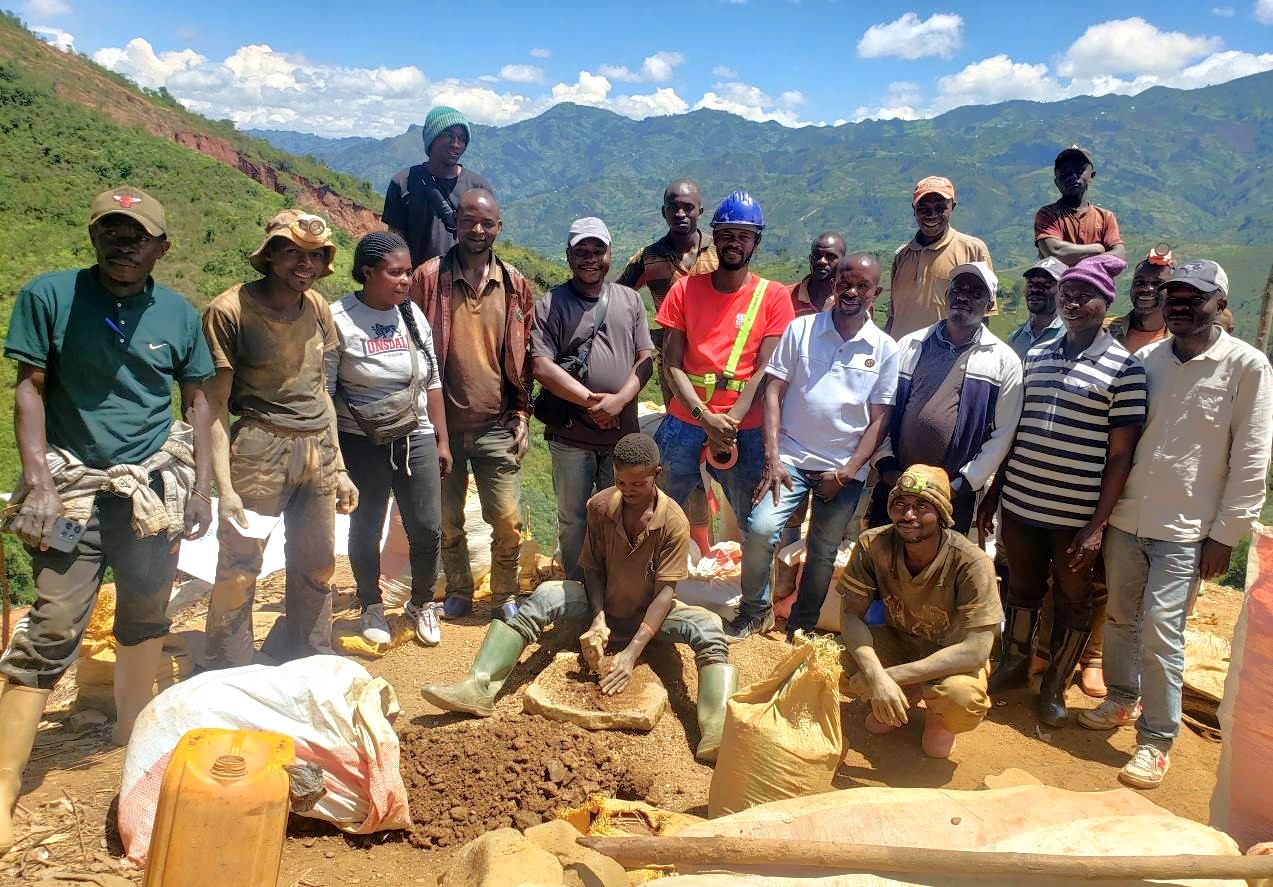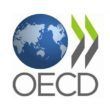the ITSCI Programme for Responsible Mineral Supply Chains
an award-winning multi-stakeholder programme contributing to better governance, human rights & stability
About ITSCI
The ITSCI Programme:
- monitors around 3,000 artisanal and semi-industrial mines
- supports the responsible export of over 23,000 tonnes of 3T minerals each year
- supports the practical implementation of the OECD Due Diligence Guidance for Responsible Supply Chains of Minerals from Conflict-Affected and High-Risk Areas
- works in partnership with the governments of Burundi, the DRC, and Rwanda and with civil society organisations

Our impact
monitored mine sites across the Great Lakes Region
artisanal miners supported through ITSCI
average yearly export tonnage, in tonnes
average incidents recorded each year

The International Tin Supply Chain Initiative is a traceability and due diligence programme for the tin, tantalum, and tungsten (3T) minerals, currently implemented on the ground in the African Great Lakes region – Burundi, Democratic Republic of Congo, Rwanda, and Uganda.
Our commitment to responsible sourcing starts at grassroot level with an on-the-ground team continuously collecting, verifying, and reporting on OECD Annex II risks and beyond, including information on mining activities, community developments, and political and security situations.
As a facilitation initiative Fully Aligned with the OECD Guidance, we support companies with their due diligence responsibilities. One of our core activity is to deliver training and tools to multiple stakeholders at all levels of the supply chain, and one of our key strengths lies in acting as a convening force and instrument of mediation to support risk mitigation and resolution. Through trusted relationships built with local governments, state services and security forces, including high-ranking officials, our recommendations are both heard and acted upon, leading to increased accountability and tangible actions by these services to mitigate risks.
By making available unique and credible first-hand information, we support businesses to make informed decisions to fulfil their due diligence, and support government authorities and civil society towards progressive improvement and good governance in mining.

Supporting Mining Communities
National and local government
- Increased formalisation of artisanal and small mining
- Improved authority and control of mining sector
- Training and advice for due diligence monitoring
- Improved data and potential tax collection
Local communities
- Opportunity to report and resolve risks
- Increased security, support and income
- Share of taxes for infrastructure and projects
Become an ITSCI Member
Local miners, traders and exporters
- Improved security and reduced corruption
- Economic and social development
- Reduced risk and potential investment
Traders and smelters
- Reliable information from the field
- Increased access to consistent supplies
- Reduced reputational and financial risk
Downstream companies
- Information for Dodd Frank & other compliance
- Reduced reputational risk
- Opportunity to make a difference ‘beyond conflict’
News
ITSCI improvement action plan 2024-2025
Building on the positive results from our second Alignment Assessment which independently confirmed that ITSCI is ‘Fully Aligned’ with the OECD Guidance, we have acknowledged and evaluated opportunities to strengthen the ITSCI Programme. ITSCI is committed to continuously improve our activities and processes and has developed an overall 5-year improvement action plan.
ITSCI statement on the recent European Council sanctions
The International Tin Supply Chain Initiative notes the recent European Council sanction of Mr Francis Kamanzi, Chief Executive Officer of the Rwanda Mines, Petroleum and Gas Board (RMB) and are currently reviewing the impact of this in regard to activities and supply chains overall.
Update on the situation in North and South Kivu, DRC
The situation in North and South Kivu, DRC, continues to be a source of great concern as ongoing violence between the Congolese army (FARDC) or ‘Wazalendo’ non-state armed groups on the one side, and non-state armed group M23 and their affiliated groups on the other, continues to significantly impact local communities. ITSCI continues to be deeply concerned about the escalating situation and for the safety of civilians, including our locally based-field teams and member companies, affected by the conflict.





